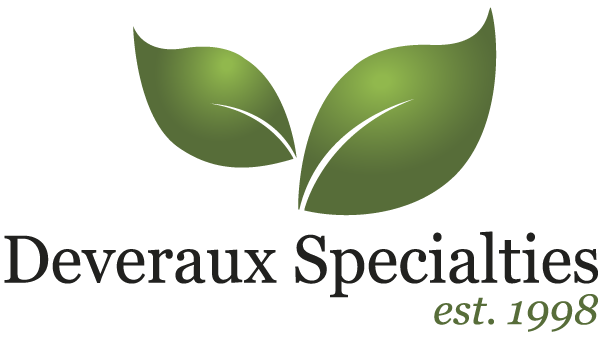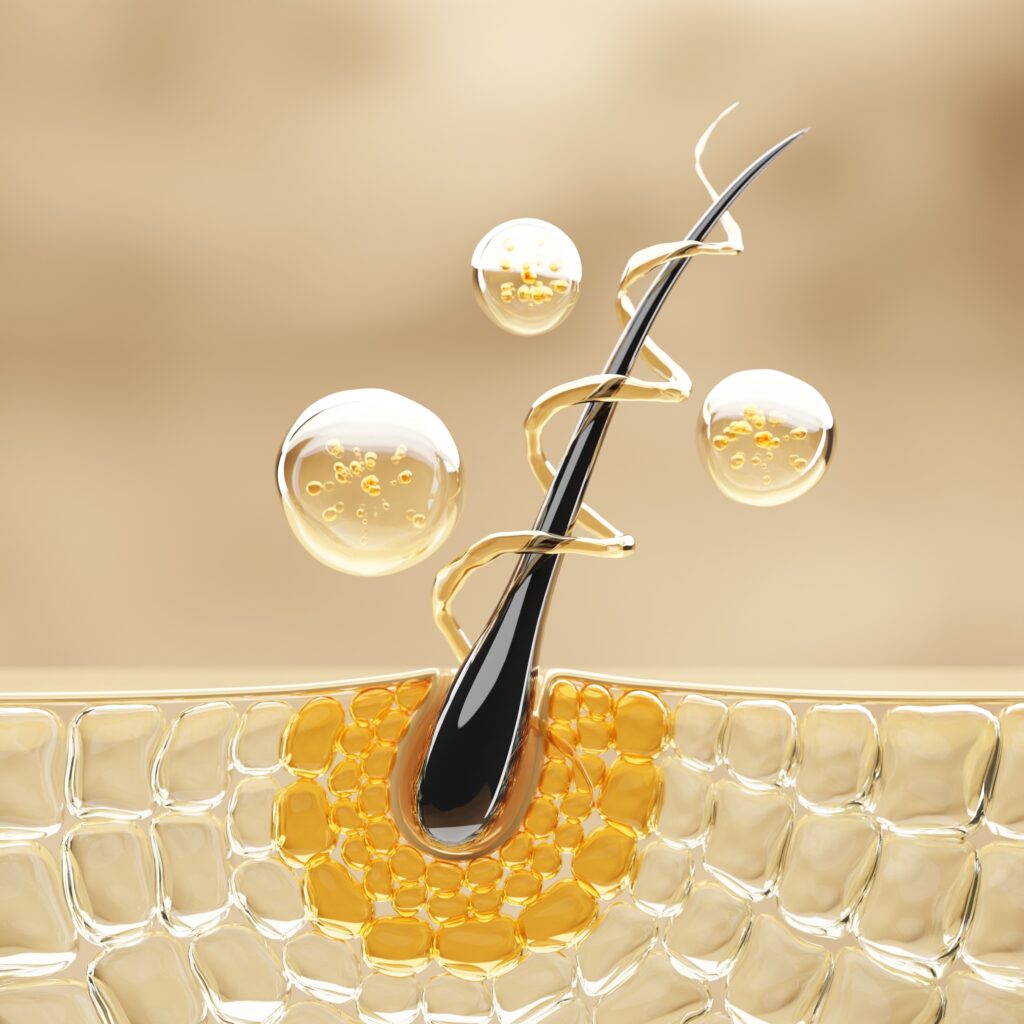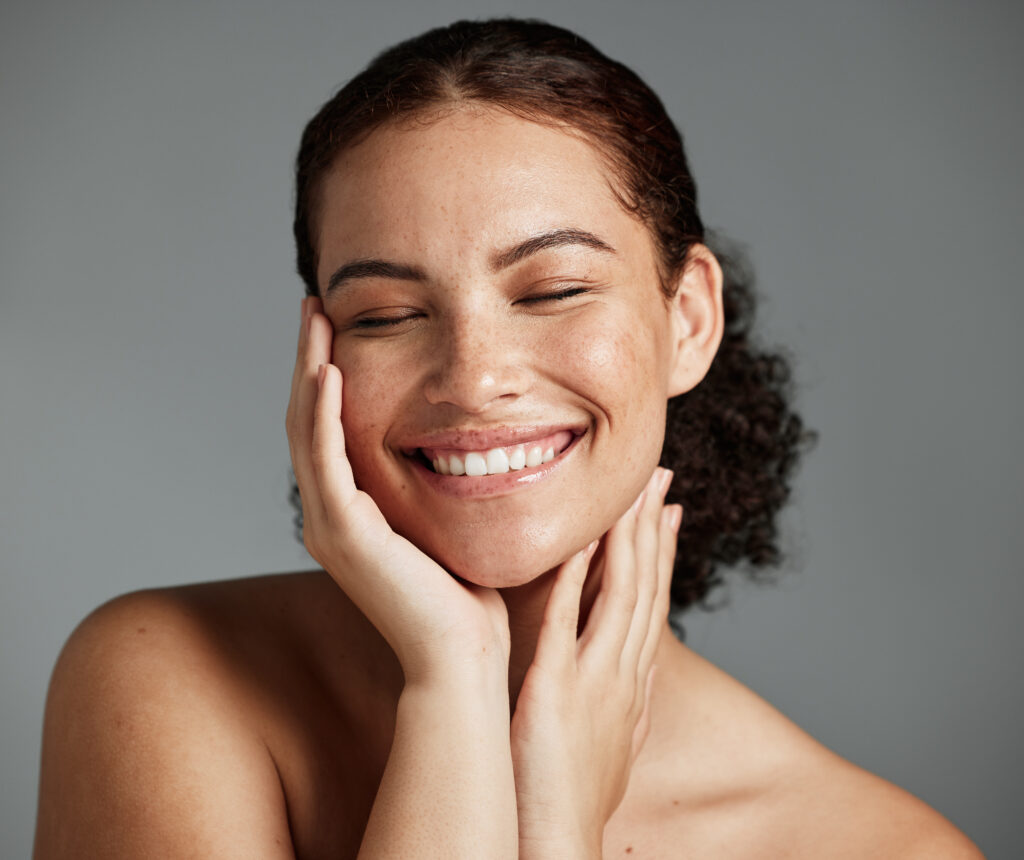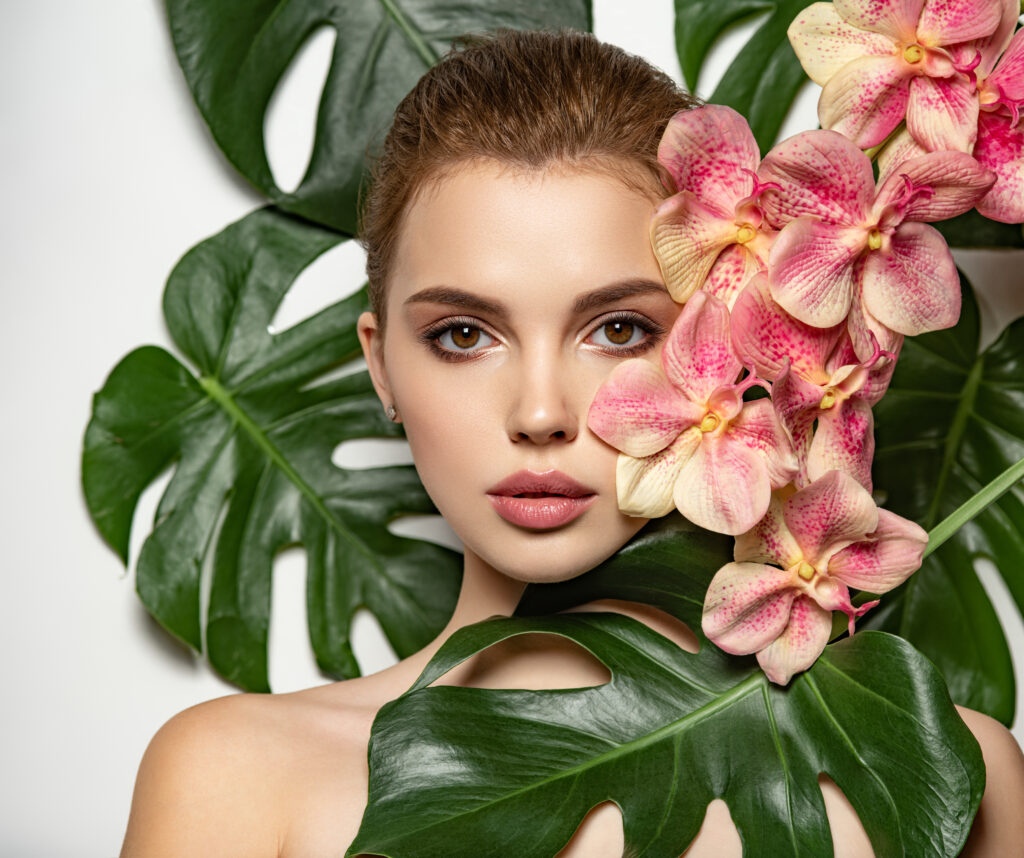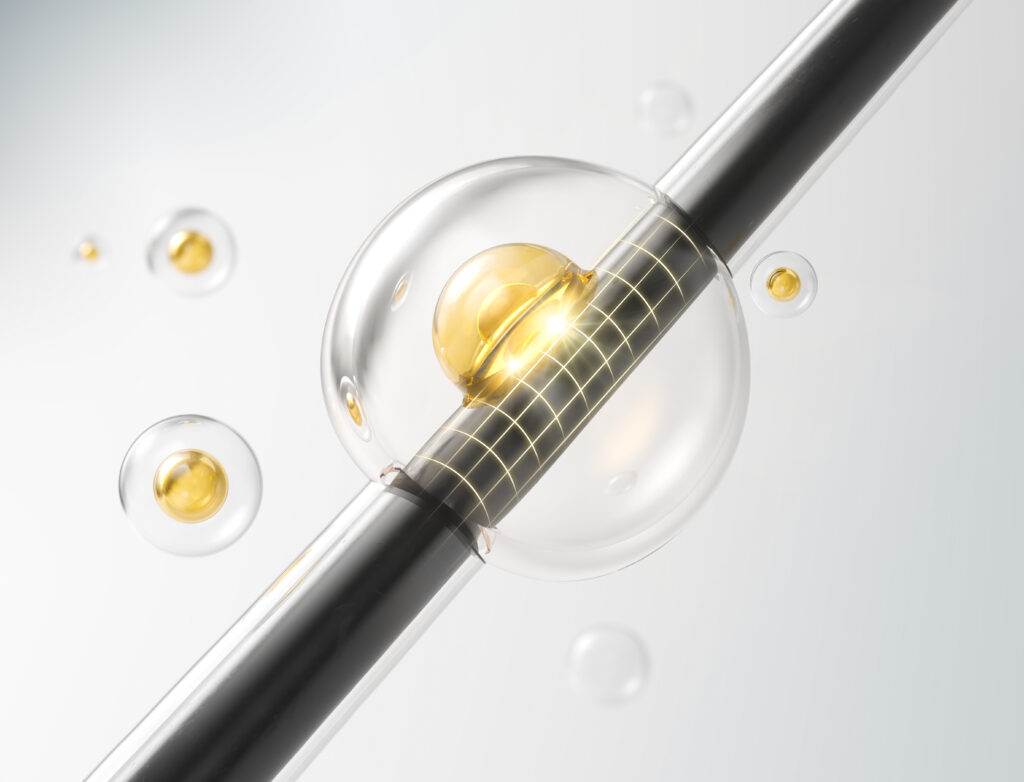Aging Isn’t Just About Time—It’s About Cellular Resilience
Retinol has been a mainstay of anti-aging science for more than four decades, yet its notoriety is matched by a persistent practical problem: skin irritation and chemical fragility. Concentrations high enough to remodel collagen often provoke erythema and desquamation, while the molecule itself oxidizes rapidly in light, heat, and oxygen-rich emulsions. Formulators therefore walk a tightrope—balancing clinical performance against consumer tolerance—only to see marketing teams warn users about possible redness and photosensitivity. As demand grows for daily-use, sensitivity-friendly products, the industry finds itself asking whether classical retinoid chemistry can keep pace with modern expectations.
Into this gap steps Akosky™ Ethernal, a sprout-activated extract of Trigonella foenum-graecum (fenugreek) microgreens. By drawing on the natural defense metabolites that erupt during germination, the ingredient offers a new path to longevity skincare—one that lifts, firms, and protects without the compromises that have long defined retinol-based formulas.
When Retinol Fails the Formulation
For formulators, the retinoid category presents two interlinked technical obstacles. First is irritation: topical retinoids accelerate epidermal turnover, but they also trigger transient barrier disruption, leading to stinging, scaling, and heightened UV reactivity in a sizeable subset of users. Clinical analyses note that even low-dose regimens can incite erythema in sensitive populations (Mukherjee et al., 2006). Buffering with emollients helps, yet consumer instructions still revolve around “retinization” periods, undercutting the idea of gentle, everyday skincare.
Second is instability. Retinol oxidizes through autoxidation and photolysis, degrading into inactive isomers and pro-inflammatory by-products. Encapsulation technologies can slow the process, but they add cost and often restrict formulation pH. The net result is a product design paradox: to achieve meaningful anti-aging effects, formulators must engineer around the very molecule meant to deliver them. As minimalist INCI lists and “skin-barrier-first” claims dominate trend reports, retinol’s liabilities loom ever larger.
Akosky™ Ethernal – Resetting Skin Longevity with Sprout Biotechnology
Akosky™ Ethernal approaches cellular renewal from another angle. During germination, fenugreek microgreens surge with flavonoids (vitexin, apigenin), alkaloids (trigonelline), and a suite of antioxidant enzymes that protect the tender shoot from UV and oxidative stress. Metabolomic mapping confirms a dense profile of phenolics and radical-scavenging capacity far exceeding that of mature seeds (Jayaraman & Ramasamy, 2024).

By harvesting the sprouts at peak bioactivity and extracting them through a low-impact, water-based process, Akott Evolution harnesses nature’s in-built longevity blueprint.

Applied to skin at 2 %, Akosky™ Ethernal revitalizes the extracellular matrix via a “senescence-reset” mechanism. In UV-stressed fibroblasts it increases the cell-survival index by 24 %, activates controlled MMP-1 expression to clear fragmented collagen, and simultaneously boosts new collagen I & III synthesis by triple-digit percentages. Where retinol pushes turnover through irritation, Akosky™ Ethernal restores tissue homeostasis by re-engaging the skin’s own renewal circuitry—without provoking inflammatory cascades.
From Bench to Skin
What does it take for a botanical active to stand shoulder-to-shoulder with retinol? First, it must survive formulation without special encapsulation. Second, it has to reach living skin cells in active form. Finally—and most persuasively—it must deliver visible changes in real human volunteers, not just Petri-dish promises. Akosky™ Ethernal clears each of these checkpoints, moving from controlled in-vitro assays to a rigorously designed clinical study so formulators can judge its value on hard data, not marketing gloss.
Forty women (40–65 y) with lower-face sagging and gravitational wrinkles applied a 2 % Akosky™ Ethernal gel—or a placebo—twice daily for 28 days. Instrumental assessments captured six key markers of skin structure and appearance:
A Vectra H2 3-D scan quantified lower-face contours. After 28 days, treated volunteers showed a 28 % reduction in double-chin surface volume—seven times better than placebo, which barely moved the needle. The first image illustrates the contour change picked up by the scanner.

High-resolution ultrasound (DermaScan®) revealed a 10 % rise in collagen index, while placebo subjects actually lost density. The second image—a color-coded ultrasound slice—mirrors this thickening of the dermal layer.

VisioFace® 1000D surface mapping recorded a 17 % volume drop in nasolabial wrinkles, versus just 1 % for placebo. This smoothing effect is visible in the heat-map overlay shown in the third visual.

Cutometer® suction testing uses the R0 parameter; a lower value means stiffer, more elastic skin. Akosky™ Ethernal pushed R0 down by 25 %, quadrupling placebo performance and restoring the spring of younger tissue.
Corneometer® readings logged a 15 % moisture boost—three times the placebo response—without the need for hygroscopic additives. The fourth image shows the probe used to capture these capacitance shifts.
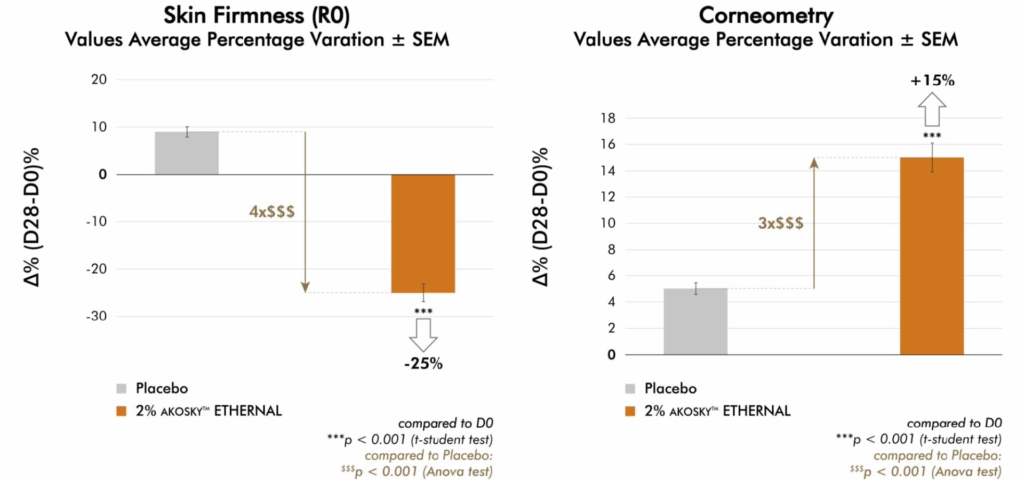
Even a modest 2 % increase in L* value translated to visibly more even tone, seven times greater than placebo. For formulators, this underscores that the ingredient can unify complexion alongside its firming benefits.
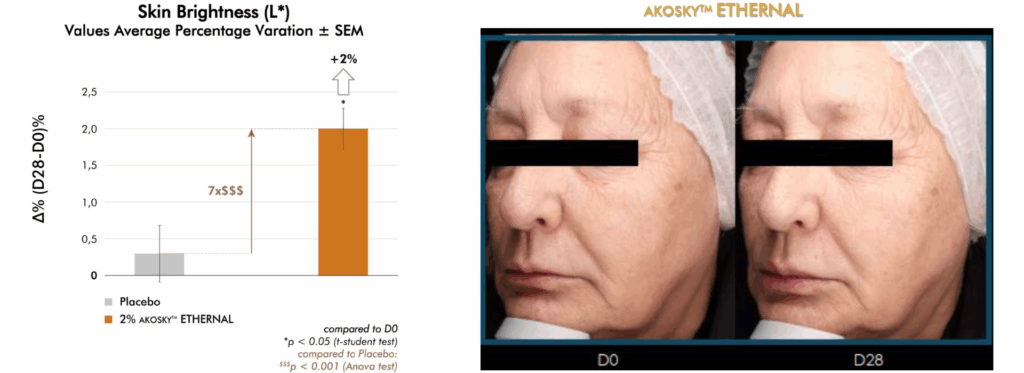
No clinically significant irritation was reported, aligning with the ingredient’s in-vitro antioxidant surge (SOD-1 expression +469 %). Together, these findings confirm that sprout-activated fenugreek can remodel the extracellular matrix, lift contours, and enhance barrier hydration in a single, irritation-free step—performance that rivals retinol while sidestepping its well-known drawbacks.
The Future of Anti-Aging Isn’t Aggression—It’s Adaptation
The future of skincare isn’t in peeling back the skin faster—it’s in helping the skin age better.
Today’s longevity-minded consumers want clean-label solutions backed by science and inspired by sustainability. They’re more ingredient-savvy than ever before, rejecting harsh or outdated chemicals in favor of actives that support the skin’s ecosystem without disruption.
Akosky™ Ethernal checks all the right boxes:
🌿 Sustainable biotech process using less land, water, and no harsh solvents
🧬 Multifunctional efficacy: firming, lifting, antioxidant protection, hydration, and even skin tone
💧 Formulation-friendly: stable, hydrosoluble, low color and odor, preservative compliant
🌎 Globally approved: registered in the EU, US, China, and Japan
For formulators seeking to future-proof their anti-aging lines, Akosky™ Ethernal is more than a retinol alternative—it’s a strategic upgrade.
Reset Skin, Reframe Formulation
Akosky™ Ethernal proves that formulators no longer have to choose between efficacy and gentleness, or between plant-based and high-performance. By working with the biology of longevity rather than against it, this active offers a science-backed path forward for age-defying skincare.
If your next formulation aims to support skin over the long term—with less irritation, more resilience, and visible results—then Akosky™ Ethernal belongs in your ingredient shortlist.
Contact us today to request a sample of Akosky™ Ethernal or speak with our sales team about how to integrate it into your next generation of high-performance, longevity-driven skincare.
Akosky™ Ethernal
Resources
- Abdennebi, A. B., Chaabani, E., Bourgou, S., Hammami, M., Tounsi, M. S., Merah, O., & Bettaieb Rebey, I. (2025). Fenugreek as a potential active ingredient for the development of innovative cosmetic formulation. Cosmetics, 12(1), 21. https://doi.org/10.3390/cosmetics12010021
- Jayaraman, S., & Ramasamy, T. (2024). Metabolomics and bioactive attributes of fenugreek microgreens: Insights into antioxidant, antibacterial and antibiofilm potential. Food Bioscience, 60, 104316. https://doi.org/10.1016/j.fbio.2024.104316
- Mukherjee, S., Date, A., Patravale, V., Korting, H. C., Roeder, A., & Weindl, G. (2006). Retinoids in the treatment of skin aging: An overview of clinical efficacy and safety. Clinical Interventions in Aging, 1(4), 327–348. https://doi.org/10.2147/ciia.2006.1.4.327
